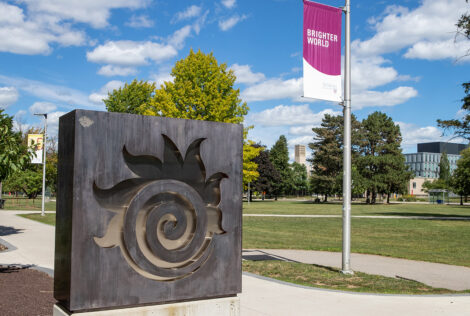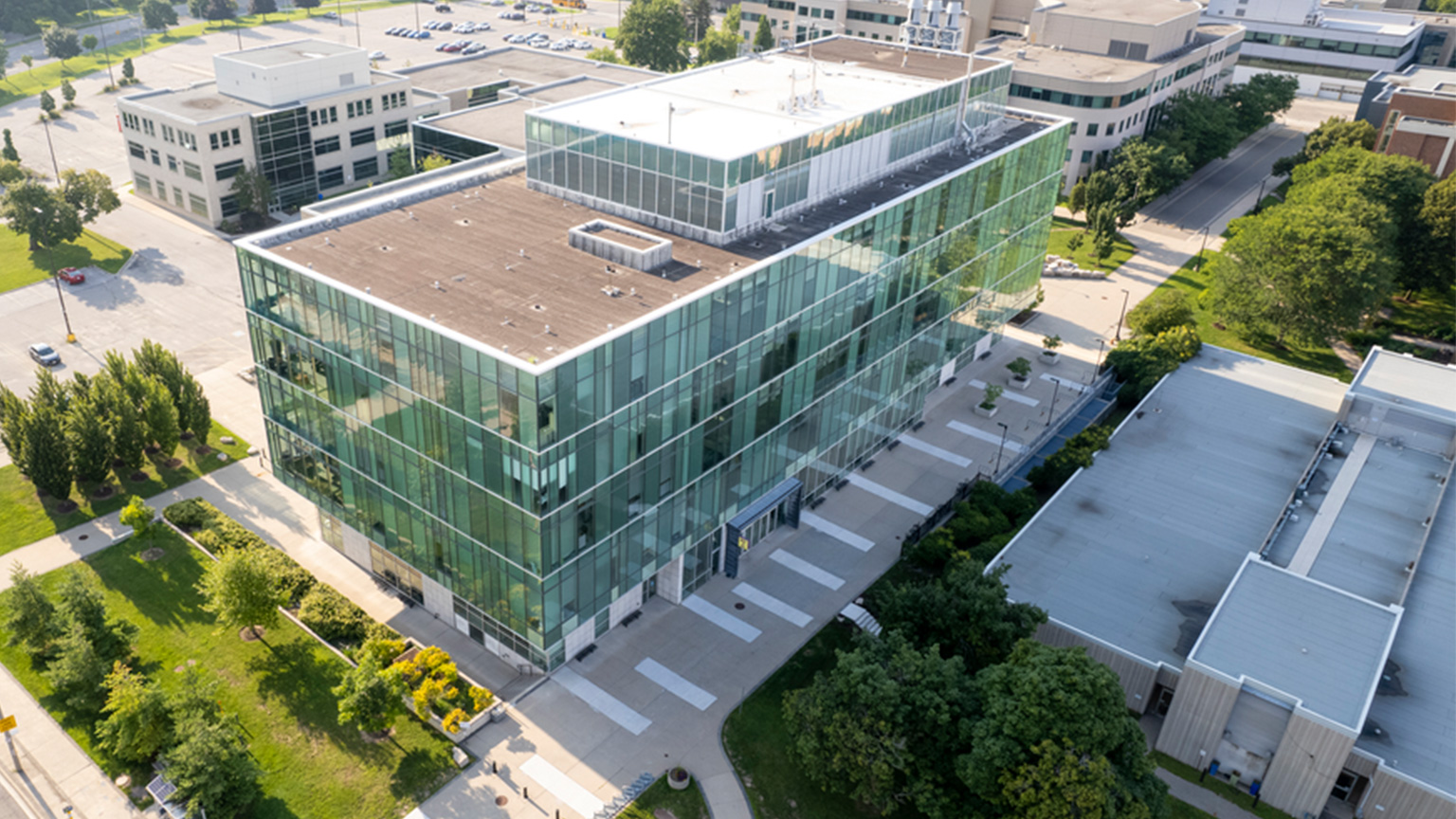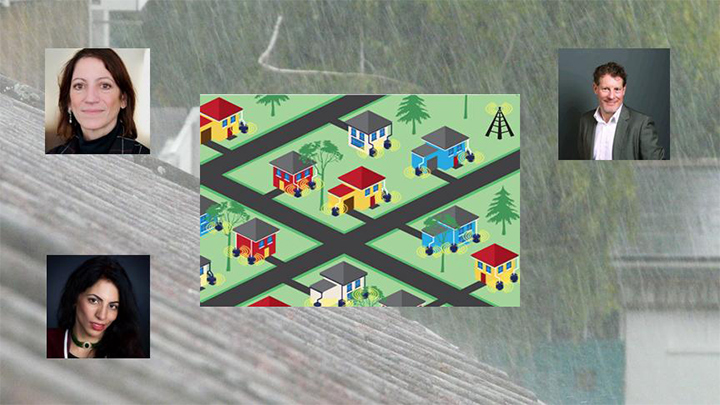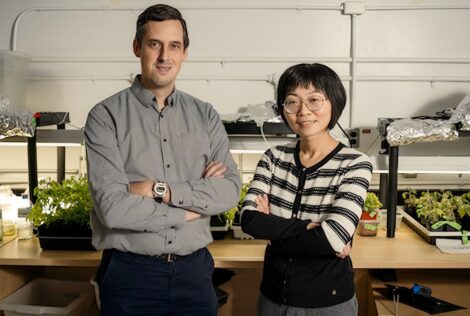

As our global climate changes, extreme weather events are growing in frequency in many places, including Southern Ontario. Ontario municipalities experience heavier rainfalls and more extreme storms that frequently overwhelm their sewer infrastructure.

These “new normal” rain events often exceed the design capacity of pipes, causing overland or sewer system backup flooding, or combined sewer overflows that release untreated wastewater into our waterways.
The W Booth School of Engineering Practice and Technology and RainGrid Inc. have established an Ontario Centres of Excellence Mitacs Engage partnership to advance the Artificial Intelligence platform of the Aggregated Rain Grid Network (ARGoN) system to manage climate variable stormwater and turn it into a beneficial circular economy of resilience against climate variable flood and drought.
RainGrid’s community-based networks of AI-powered and Internet of Things managed cisterns capture rain from rooftops of homes, schools, and commercial properties to reduce stormwater runoff. This rainwater can be used on-site to recharge precious groundwater, offset the use of potable water, or be timed for release into the storm sewer system whenever necessary.
“This Artificial Intelligence-driven system can help prevent sewer systems from being overwhelmed during intense rainfalls, and can also improve low-flow situations during dry-spells, which can lead to sedimentation, septic conditions, and blockages in the sewershed network,” says Zobia Jawed, an expert on wastewater systems and a Faculty member with the W Booth School of Engineering Practice and Technology.
Gail Krantzberg, a Great Lakes scientist and professor with the W Booth School of Engineering Practice and Technology supports Jawed’s proposal to partner with RainGrid Inc. to design and advance Artificial Intelligence powered ARGoN systems through an innovative framework of a Community-Based Public-Private Partnership model.
Both Krantzberg and Jawed have assembled a research team consisting of graduate students working collaboratively on this project with approximately $45,000 in funding through Mitacs and RainGrid Inc. The overarching goal of this research project is to enhance AI-system for community-based public private partnerships with civic water utilities, residential property developers and commercial property managers within North America. This research team will make design improvements to advance the ARGoN AI-system starting as a pilot program implementation for a forthcoming City of Peterborough core demonstration of how ARGoN systems contribute to the lifecycle enhancement of conventional stormwater ponds by eliminating as much as 90% or more of rooftop runoff from 25 properties in Fall 2020. This pilot program will serve as a case study and is intended to be scalable to other areas through the outcomes and lessons learned.
“As environmental outcomes financing provides civic utilities the support to implement One Water circular economy policies and programs, digital water technologies such as RainGrid’s ARGoN systems will expand their range of climate resilience services and solutions by encompassing neural networks, edge computing and other capabilities,” says Kevin Mercer, President and CEO of RainGrid Inc.
This will result in an over-all growth in the water and property technology sector to help achieve a long-term solution in the pursuit of a resilient future for our cities and sustainable development practices in an era of global climate change.


